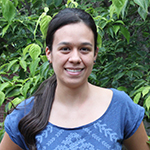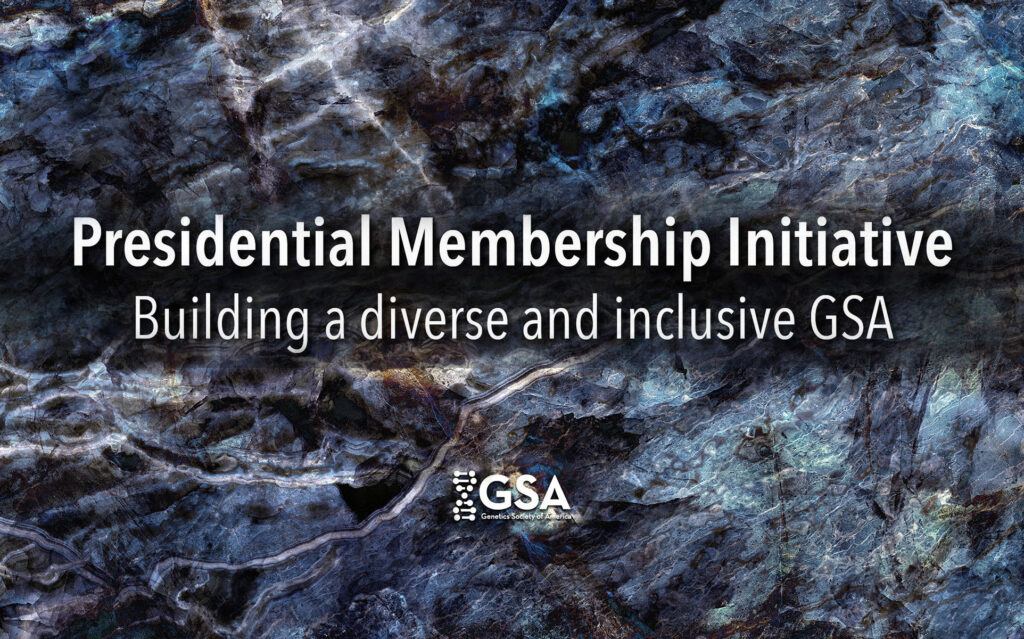The Presidential Membership Initiative was launched in 2020 as a way for the Genetics Society of America to invite talented and creative individuals from diverse backgrounds into our community. We are pleased to introduce the inaugural cohort of Presidential Members. Throughout 2021, they will network with one another and with other Society and Board members, participate in GSA Conferences, and be valued additions to our community. Welcome, Presidential Members!
We will be introducing Presidential Members all week, so be sure to check back and meet your new colleagues.

Roderick Brathwaite
Graduate Student, Ridky Lab, University of Pennsylvania Perelman School of Medicine
My research is focused on assessing the role of GPCRs that drive disparities in cancer and modulating signaling pathways to reduce them.

Valeria Velasquez-Zapata
Graduate Student, Wise Lab, Iowa State University
My research is focused on developing mathematical models for understanding plant-pathogen interactions. I am interested in the study of pathogenic organisms through the combination of mathematical modeling and experimental approaches, analyzing high-throughput data (like Y2H-Seq and RNA-Seq) to build plant-pathogen interaction networks. This knowledge contributes to understanding what factors underlie disease emergence, host susceptibility, and pathogenic mechanisms.

Cong Wang
PhD student, Vanderbilt University
My research interest is in genetic epidemiology with a focus on cancer. I’m also interested in gene-environment interaction in cancer development.

Tate Yawitz
Undergraduate, Kohl Lab, University of Pittsburgh
I’m broadly interested in animal behavior and how it is shaped by ecological and evolutionary processes. Most of my undergraduate work aims to understand how the environment influences digestive morphology and physiology across different rodent species.

Irina Yushenova
Research Scientist, Arkhipova Lab, Marine Biological Laboratory
I am a molecular biologist seeking to understand molecular mechanisms allowing eukaryotic cells to cope with the invasion of foreign genetic material such as transposable elements and horizontally transferred genes of various origins. I am particularly interested in enzymatic activities and novel functions that proteins encoded by such genes can acquire after domestication.
Not pictured:
Denver Jn. Baptiste
Eric Butoto
Swapnil Dey
Isabela Fuentes
Churchill Ihentuge
Md. Mirazul Islam
Parul Suri













